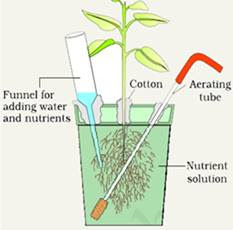Chapter 1 Reproduction in organisms

CHAPTER-01 REPRODUCTION IN ORGANISMS Reproduction is a biological process of formation of new offsprings from the pre-existing organism.Reproduction becomes a vital process without which species cannot survive for long It ensures continuity of species generation after generations as older individuals undergo senescence and ultimately they die. Life span - • The period from birth to the natural death of an organism represents its life span . Life span of organisms varies from few days (Butterfly-1to 2 weeks) to thousands of years (Banyan tree). Types of Reproduction : Based on whether there is one or two organisms taking part in the process of reproduction ASEXUAL REPRODUCTON SEXUAL REPRODUCTION When the offspring is produced by single parents with or without the involvement of gamete formation, the reproduction is called asexual reproduction . When two parents (opposite sex) participates in reproduction process and also involves the fusion of male and female gam...

